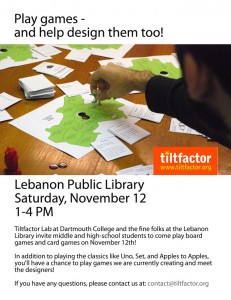Emergency! Please Help!
I really hope this gets to you in time! During a trip to Brookline,
Massachusetts I was robbed — robbed of all poetic impulse. All of the
brilliance of language was stolen from me. My poetic license was taken as
well. I need your help encountering English once again.
I know the unusual diction of this note, the unusual nature of this
request, the fact that I am using more than one exclamation point per
email, and the fact that it is being sent to everyone in my address book
must make it seem like my account was hacked, but I assure you, that’s
not the case!






